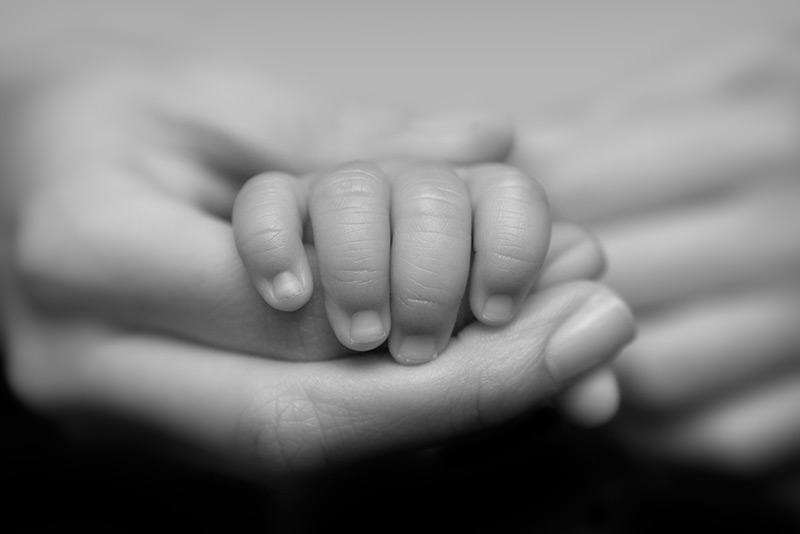Answered by Shaykh Rami Nsour
Question: I’ve read “The Fiqh of Adoption” on your website. I have questions regarding the legal issues that arise when we want to care for an orphan, particularly an abandoned baby. Please shed some light on this important issue that is the cause of many people not helping when they are able.
In some Muslim countries, there are thousands of babies abandoned each year who are sent to orphanages. Since there are so many that are not being cared by people within that country, is it permissible to “adopt” those children and bring them to one’s own country?
In the US, a new birth certificate is issued with the adoptive parents’ names on it. Is this a hindrance if the child is raised to know the adoptive parents are not his blood parents?
What do we do about naming a child when the father’s name (and mother’s name) are unknown as in the case of babies found on the streets? Can the child in this circumstance be given the adoptive father’s family name or should it be given some other sort of name?
Answer:
The Obligation of Caring for Orphans
In terms of caring for orphans or abandoned children, this is an obligation upon the Muslim community and a very noble act. The Messenger of Allah (peace and blessing be upon him) said, “I and the caretaker of the orphan will be in Paradise like these [two fingers]” then he held up his index finger and middle finger together [Bukhari]. If you are planning on caring for an orphan or an abandoned child, I ask that Allah ennoble you in this life and the next and that He give me the ability to follow in your footsteps.
What is Prohibited When Adopting?
In terms of adoption, the thing that is prohibited is changing the lineage of the child. This would be where the child refers to the adoptive parent as their father or mother, and does not claim the true parent to be their parent [Maharim al Lisaan, Muhammad Mawlud].
If a person needs to file legal paperwork to be given the guardianship of a child or to process visa work, there may be a requirement to give the child the family’s name. This is permissible as long as the child is raised to know his or her lineage and that the legal last name is merely for registration purposes.
Historical Examples of Taking on Another Family Name
One thing to point out is that in many societies, entire tribes would take on the names of other tribes for various reasons. Many times, this would be for protection. By taking the last name of another tribe that was more powerful, it would give protection to tribes with less power.
As an example, many of the Idirisi Shurafa in Morocco would not go by their family name of Idrissi hundreds of years ago. They were living at a time when the Idrisi family was being persecuted by the ruling government. So you find some Idrisi families today that hold the last name of other families, but they usually know that they are Idrisi.
This has at times led to people losing track of their lineage though by the obscurity that it causes. For this reason, extra care should be taken when another family name will be used by the “adopted” child. The caring family should help create a written document or family tree for the child. They may also encourage the child to legally change the last name back to the original name once they are 18 or 21.
And Allah knows best.
source: http://seekershub.org/ans-blog/2013/12/01/giving-an-adopted-child-your-family-name/
